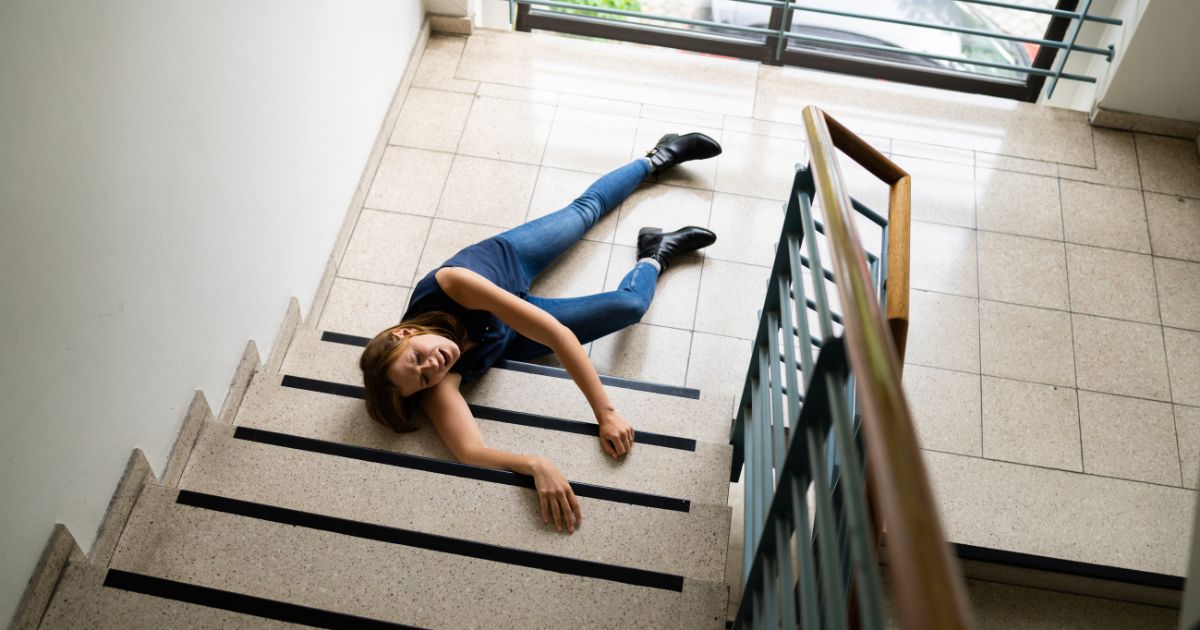In New Jersey, landlords have a duty to keep their property reasonably safe for renters and their visitors. That means routine inspections and repairs as needed and do what is necessary to keep the property free of hazards. If someone is hurt in a slip and fall accident that could have been prevented, the landlord may be liable.
Not all accidents are predictable or preventable. However, a good portion of slip and falls can be avoided with proper maintenance. Common hazards that cause slip and fall accidents and injuries include:
- Poor lighting.
- Uneven or buckled carpeting.
- Missing handrails along steps and walkways.
- Broken or rotted floorboards and stairs.
- Slippery surfaces due to poor drainage or water leaks.
There are many variables that are considered to determine liability in these types of personal injury cases.
Knowledge of a Hazard on the Property
Tenants have a responsibility to notify landlords of any issues that are problematic so they have the opportunity to rectify them. Suppose a pipe in the basement of a rental home has been leaking for days, but the tenants keep forgetting to tell the landlord. If the renter slips on the wet floor and sprains their knee, they probably cannot hold the landlord responsible because they were unaware of the problem. However, if the landlord was aware of the issue but did nothing to remedy it, they could be liable. Honest communication between renters and landlords is vital for addressing hazards quickly and efficiently.
Foreseeability of an Accident
If the tenant slipped on a patch of snow in the middle of a blizzard, they would likely be unable to bring a claim because the weather conditions were out of the landlord’s control. However, suppose the landlord is responsible for snow removal and they allow snow to accumulate for days at a rental property. If someone slips and breaks an arm at that home, they probably have grounds for a personal injury claim.
Reasonable Care
New Jersey law does not require landlords to take drastic measures to protect their tenants from every potential hazard that exists. However, replacing a broken handrail or something similar is considered “reasonable care,” meaning the cost and time to make the repair are not prohibitive.
Only when a hazard poses a risk of serious injury is a landlord obligated to fix the issue as soon as possible, regardless of time or expense. Electrical issues, mold, and rotted floors are all examples of costly issues that must be resolved quickly and completely at no expense to the renter.
What to Do if You Are Injured on a Rental Property
If you were hurt on a rental property, a consultation with an experienced slip and fall lawyer is the best place to start. Schedule a meeting with a lawyer to learn your rights and responsibilities and start the claim process if legal action makes sense for your situation.
Mount Holly Slip and Fall Lawyers at the Law Office of David S. Rochman Can Help You if You Were Injured on a Rental Property
If you were hurt in a slip and fall accident that could have been prevented, speak with our Mount Holly slip and fall lawyers at the Law Office of David S. Rochman. Call us at 856-751-2345 or contact us online to schedule a free consultation. Located in Mount Laurel, New Jersey, we serve clients in Burlington County and throughout the surrounding areas.


